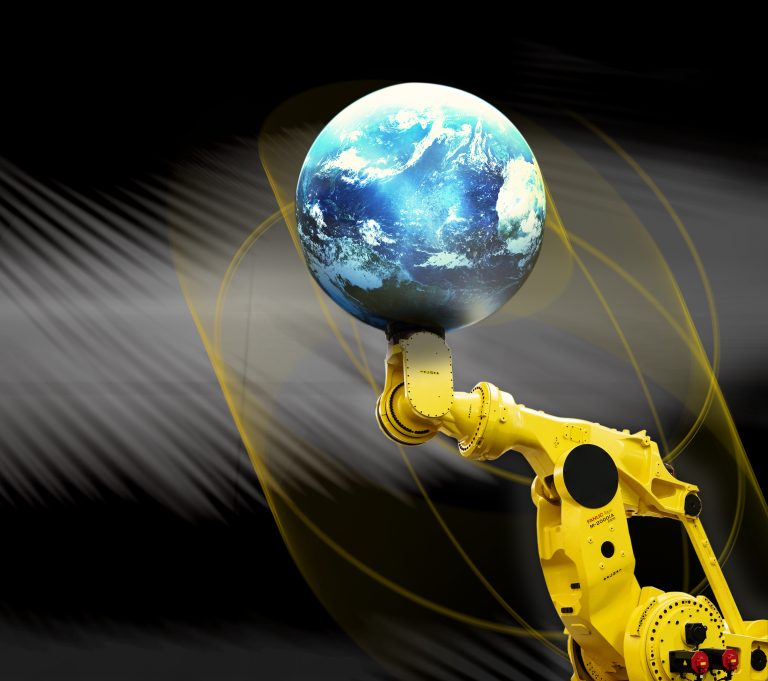Computer Numerical Control (CNC), a form of machining, has revolutionized engineering and manufacturing in the last few decades. CNC machining, which combines digital technology alongside traditional manufacturing techniques is now a predominant method of manufacturing high-precision products and components for a variety of industries. This article delves into the mechanics, benefits and numerous applications of CNC machine machining, and highlights its impact on the modern engineering.

The mechanics of CNC Machining
CNC machine is a subtractive manufacturing process, meaning it removes material from a solid block, or workpiece, in order to form the shape you want. The process is based on computers pre-programmed to control the motions of machinery. The code for CNC machines can vary depending on the machine type and the complexity of the part being manufactured. The principle behind the CNC machine is the very same. A high-speed cutter is used to precisely cut away the material and form the final part.
CNC Machining offers a superior level of precision. Digital machining produces an extremely precise and reliable product that minimizes the possibility of human error. This level is critical in industries like aerospace, medical devices as well as automotive manufacturing where minor deviations could lead to grave consequences.
The role of digitalised computers in CNC machine operations
CNC precision and efficiency is due to the combination of digital technologies. CNC machines are controlled by specialized software which automates every step of the manufacturing process. This software turns computer-aided designs (CAD) into a set of precise instructions which are then executed by the CNC machine to create a part. These instructions determine everything from the speed and direction of the cutting tool to the angle and depth of every cut.
In larger-scale industrial facilities, computers are often integrated directly into CNC machines, allowing seamless communication and control. This integration allows real-time monitoring and adjustments, which ensures the highest performance and decreasing downtime. CNC processing is able to be automated to facilitate continuous operation which increases productivity while reducing lead times.
CNC Machining and Its Benefits
CNC machining is a superior method for manufacturing. The ability to create complex, intricate components with precision is among the biggest benefits. CNC precision in machining reduces the amount of manual adjustment and rework. CNC machines can also be used continuously and are ideal for large production runs.
Another advantage is the flexibility of CNC machining. You can utilize the same CNC machine to make various parts simply by changing its program. CNC machining has an extremely high degree of flexibility and is therefore perfect to use for prototyping. It is also employed in mass production.
The automated process of CNC machining also improves safety in the workplace. The risk of injury and accidents is reduced through a reduction in manual interventions. CNC-machined parts are also more durable and more efficient, which increases the satisfaction of customers.
CNC Machining Services: Benefits to Industries
In many industries CNC machining has proved to be highly efficient, precise, and versatile. CNC machines are crucial in the aerospace industry, as they must meet very rigorous safety and quality standards. The medical device industry relies on CNC machining for the production of surgical instruments that are complex and implants, where accuracy is paramount.
CNC machineries can be utilized to create engine components, transmissions as well as intricate interiors and exteriors for the automotive sector. The electronics industry also benefits from CNC machining, which can create small, intricate components for consumer electronics and communications devices. CNC technology is utilized by jewellery and art industries to design unique designs and intricate pieces.
The future of CNC Machining
As technology advances and improve, the capabilities of CNC machineries are likely to expand even more. Innovations such as multi-axis machine machining and additive manufacturing integration and the use of advanced materials will continue to push the limits of what can be achieved with CNC technology. Additionally machines-learning and artificial intelligence can improve the efficiency and accuracy of CNC machining.
In the end, CNC machining has profoundly changed the way we manufacture and engineer, offering unparalleled precision, efficiency, and flexibility. The ability to create intricate parts with high precision is a crucial tool across various industries. CNC machine’s role in manufacturing’s future will be vital as technology evolves.







